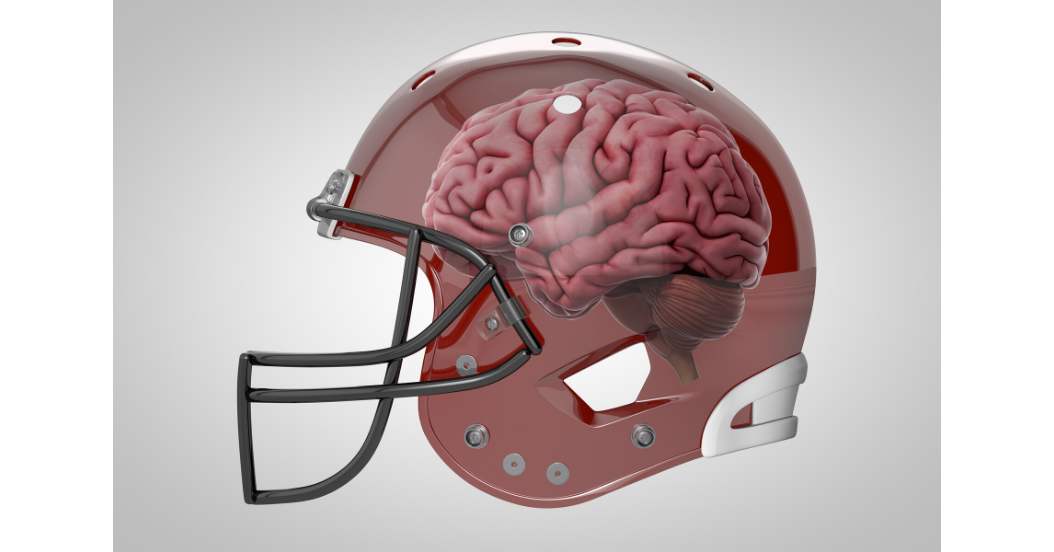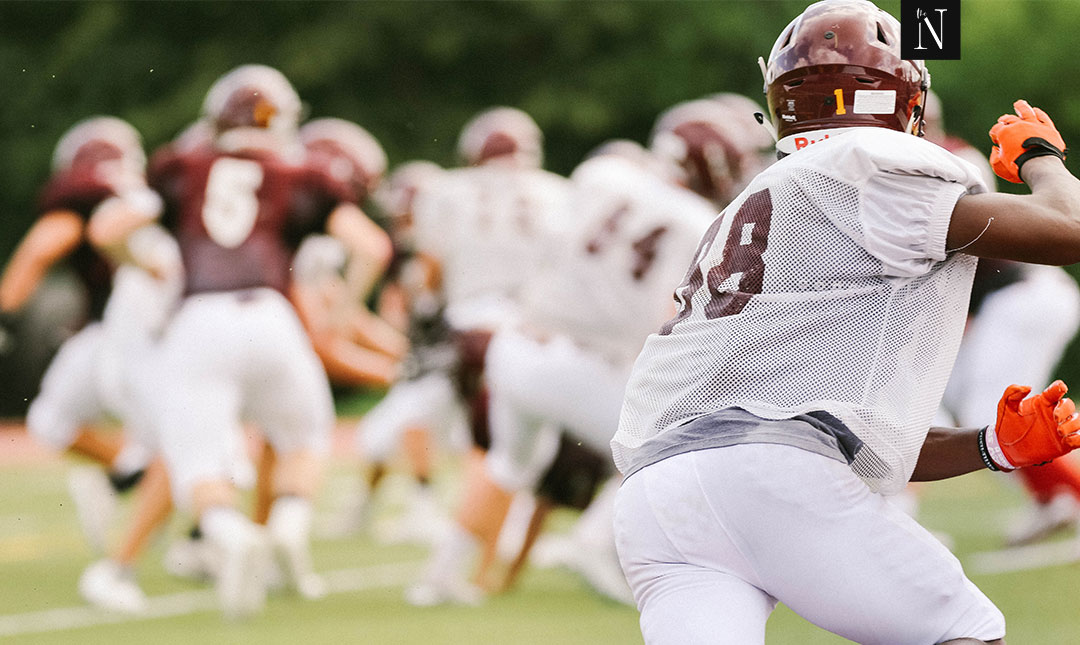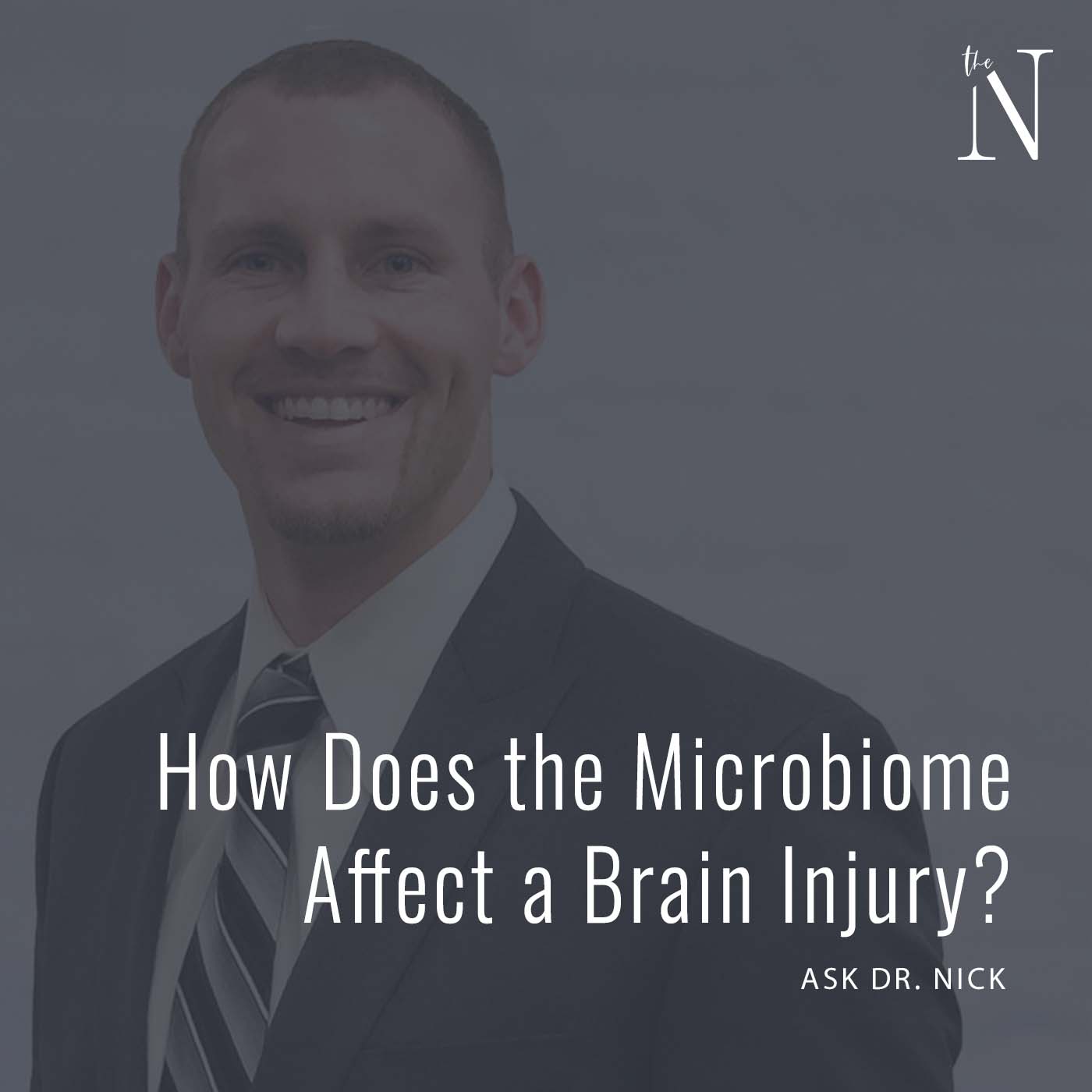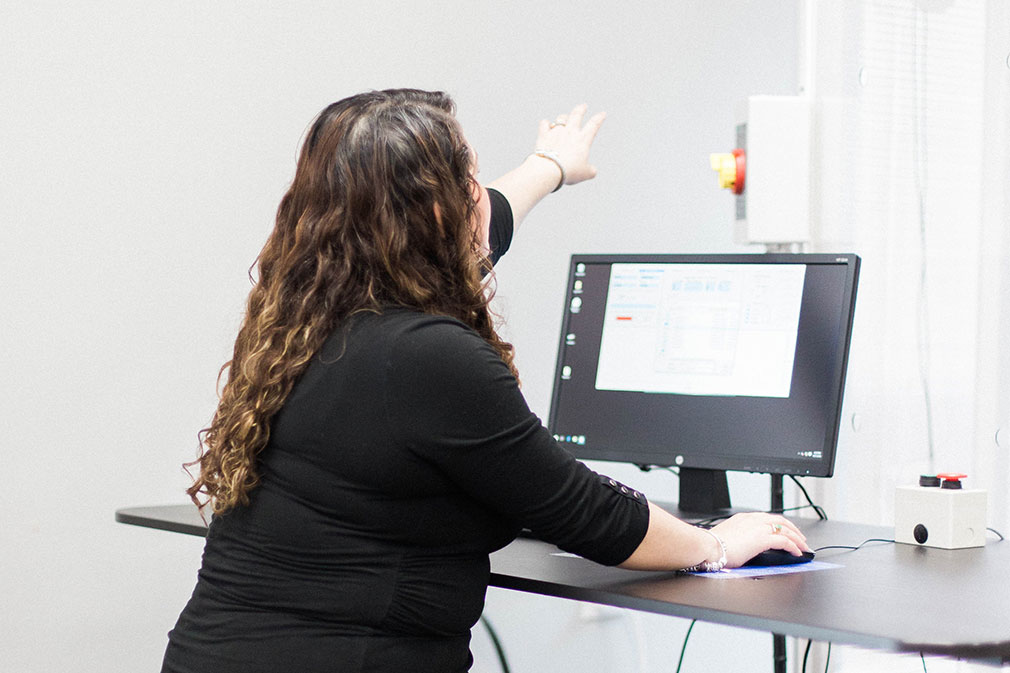Concussion: To Rest or Not to Rest?
“Human studies have shown that earlier return to mild or moderate exercise facilitates long-term recovery after concussion.”
Risk Factors for Prolonged Recovery
A concussion is recognized as the most common sports injury in children and young adults, accounting for 1 out of every 10 sports-related injuries. Up to 20% of those who suffer a concussion will experience prolonged symptoms and functional limitations for over three months of post head injury. Risk factors for a prolonged concussion recovery include the following:
- Prolonged loss of consciousness
- Amnesia
- Being a Female
- Debilitating initial symptoms
- History of ADHD
- History of mood disorders
- History of migraines
What is Post-Concussion Syndrome?
Post-Concussion Syndrome is broadly understood as referring to a complex set of physical, cognitive, emotional, and sleep-related symptoms. For years, it has been traditionally thought that “rest is best” in regards to concussion management. Both cognitive and physical rest have been the cornerstones of concussion treatments. However, over the past decade researchers, clinicians, and patients have challenged this traditional approach. Over the past five years, a mounting amount of evidence is suggesting that active rehabilitation is more beneficial in promoting the recovery process rather than rest alone.
The rationale behind active exercise over rest began from animal studies which demonstrated that exercise may promote neuroplasticity. In experiments where animals are deprived of social interaction and exercise (as seen in traditional concussion management rest), animals show deficits similar in nature to those having sustained a concussion. Human studies have also shown that earlier return to mild or moderate exercise facilitates long-term recovery.
Depending on the type of concussion you have suffered will determine what type of treatments will work best for you. There are 3 main categories of concussion. These include:
- Physiological
- Vestibulo-ocular
- Cervicogenic
Physiological concussions are due to abnormal activity in brain cells as a consequence of altered blood flow and/or energy production in the brain. Common symptoms of physiological concussions are headaches, dizziness, nausea, fatigue, light sensitivity, and sound sensitivity. Treatment is commonly light aerobic exercise and other treatments that improve blood flow to the brain.
Vestibulo-ocular concussions are due to abnormalities of the communication of the inner ear and the eyes. There are a lot of complex brain circuits involved in eye and head control. When these circuits become abnormal, people develop symptoms of headaches, eye strain, blurred vision, double vision, dizziness, vertigo, fogginess, and impaired concentration. Treatment traditionally consists of vestibular therapy, eye-movement therapy, and light aerobic exercise.
Cervicogenic concussions are due to injuries to the neck which cause altered communication between the neck and the brain. This altered communication results in symptoms of headaches, neck pain, neck stiffness, decreased movement in the neck, dizziness, and postural instability. Treatment typically consists of manual therapy to the neck, rehabilitation to the neck, eye-head exercises, and light aerobic exercise.
At Neurologic Wellness Institute, all of our clinicians are trained on all the different types of concussions and the appropriate treatments for each one. For more information on how we manage concussions, contact us at: https://neurologicwellnessinstitute.com/contact/
Strelzik et al. The role of active recovery and rest after concussion. Pediatr Ann. 2017;46(4):e139-e144.






